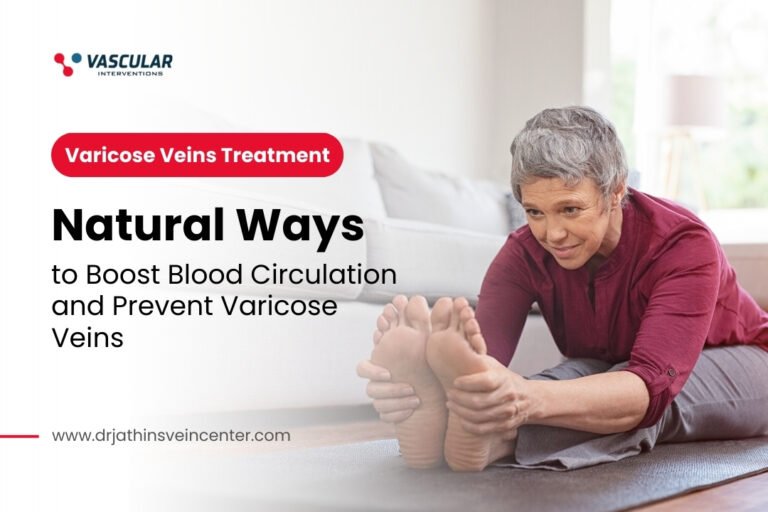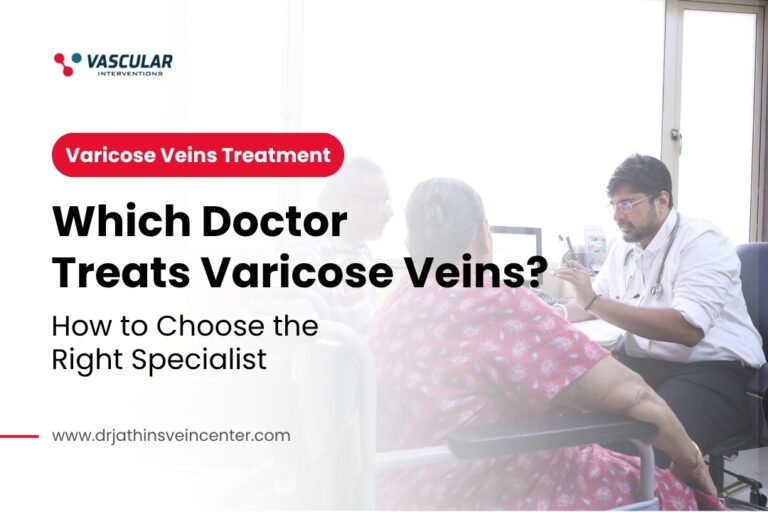Varicose veins are a common condition that affects millions of people worldwide, and while they may not be life-threatening, they can significantly impact an individual’s emotional well-being. Varicose veins can cause physical discomfort, pain, and swelling, but they can also lead to self-consciousness, anxiety, and depression.
Coping with the emotional impact of varicose veins can be challenging, and many people feel overwhelmed and unsure of how to manage their feelings. Fortunately, there are various coping strategies and support options available that can help individuals feel more empowered and in control of their emotions. In this blog post, we will explore the emotional impact of varicose veins and provide practical coping strategies and support resources to help individuals manage their feelings. We will discuss the importance of self-care, including exercise, a healthy diet, and stress management techniques. Additionally, we will touch on the benefits of seeking professional support, such as counseling or therapy, and the value of joining a support group.
1. Understanding varicose veins impact
Varicose veins are a common medical condition, affecting around 30 percent of adults in India. While often seen as a cosmetic concern, the impact of varicose veins goes far beyond physical appearance. Individuals with varicose veins frequently experience emotional distress, such as embarrassment, anxiety, and depression. This emotional impact can be especially profound for those whose veins are highly visible, leading to feelings of self-consciousness and social isolation.
This document aims to explore the emotional impact of varicose veins and provide coping strategies and support to help individuals manage the psychological effects of this condition. By understanding the emotional impact of varicose veins, medical professionals and patients can work together to develop a holistic treatment plan that addresses both the physical and emotional aspects of this condition.
2. Coping strategies for emotional distress
Coping strategies for emotional distress can be an important part of managing the emotional impact of varicose veins. Individuals with varicose veins may experience a range of emotions, including anxiety, embarrassment, and low self-esteem. It is important to recognize these feelings and develop strategies to manage them.
One effective strategy is to practice mindfulness, which involves focusing on the present moment and accepting one’s thoughts and feelings without judgment. Another helpful approach is to engage in physical activity, such as walking or yoga, which can improve mood and reduce stress. Seeking social support from friends and family can also be beneficial, as it provides an opportunity to talk through feelings and receive validation and encouragement.
Overall, it is important to develop a range of coping strategies that work for you to effectively manage emotional distress related to varicose veins.
3. Benefits of seeking professional help
If you are struggling with the emotional impact of varicose veins, seeking professional help can provide numerous benefits. First and foremost, a qualified healthcare professional can offer a proper diagnosis and treatment plan to address your physical symptoms. Additionally, speaking with a mental health professional can help you explore and process the emotional impact of your condition. This can include feelings of embarrassment, shame, anxiety, or depression. A professional can also guide on coping strategies and offer support to help you navigate the challenges of living with varicose veins. Seeking professional help can be a vital step toward improving your overall well-being and quality of life.
4. Building a support network
Varicose veins can have a significant emotional impact on those who suffer from them, leading to feelings of embarrassment, shame, and lowered self-esteem. Coping with these emotions and managing the physical symptoms of the condition can be challenging, but building a support network can be a valuable tool in this process. This network can consist of family, friends, and healthcare professionals who can offer understanding, encouragement, and practical assistance.
Additionally, support groups specifically for those with varicose veins can provide a safe and non-judgmental space for individuals to share their experiences, learn from others, and gain a sense of belonging. Building a support network is an important step in managing the emotional impact of varicose veins and improving overall well-being.
5. A positive outlook on recovery
Varicose veins can have a significant emotional impact on individuals. Coping strategies and a support system are crucial in managing the physical and psychological effects of this condition. One effective coping strategy is maintaining a positive outlook on recovery. Having a positive attitude can enhance the healing process and improve overall well-being.
Engaging in activities that promote relaxation, such as meditation and yoga, can also help reduce stress and anxiety. Seeking support from family, friends, or a support group can provide encouragement and motivation during recovery.
A positive outlook and a strong support system can help individuals with varicose veins navigate the emotional challenges that come with this condition and improve their overall quality of life.
Conclusion
Living with varicose veins can be emotionally challenging. It’s important to understand that you are not alone and that there are coping strategies and support available to help you manage your condition. Seeking medical advice from a vein specialist, practicing self-care, and connecting with support groups can provide you with the necessary resources to improve your emotional well-being. Remember to prioritize your mental and physical health and to reach out for help if you need it. You deserve to live a healthy and fulfilling life, and there are resources available to help you achieve that.





